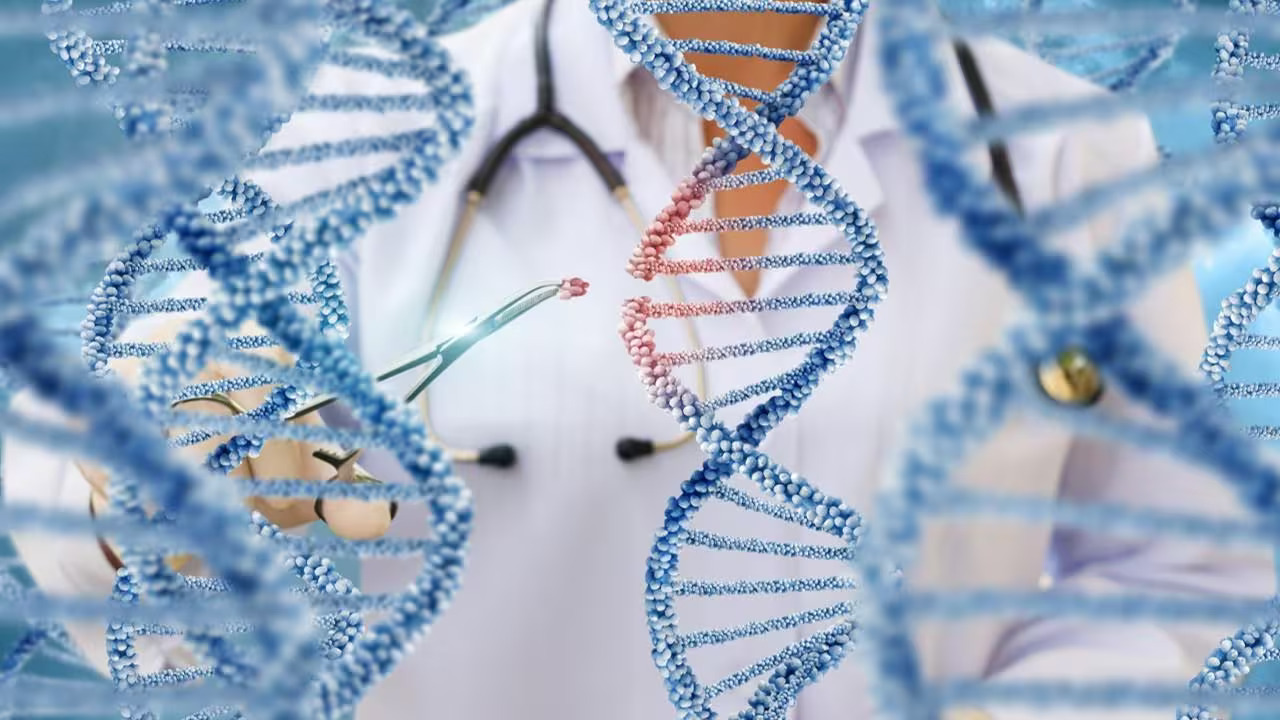Direct-to-Consumer Genetic Testing: A Game-Changer for
Personalized Healthcare
Direct-to-consumer
(DTC) genetic testing has revolutionized the way individuals can access and
understand their genetic information. With the rise of genetic testing
companies, consumers now have the power to learn about their genetic makeup and
the potential health risks they may face without the need for healthcare
providers.
DTC Genetic Testing vs Routine
Genetic Testing
One key difference between DTC
genetic testing and routine genetic testing is the level of control that
consumers have over the process. With routine genetic testing, individuals
typically need a healthcare provider to order and interpret the test, which can
be time-consuming and expensive. On the other hand, DTC genetic testing allows
consumers to order and receive their test results directly, without needing a
healthcare provider. This means that individuals can access their genetic
information quickly and easily, without the need for a medical professional.
While routine genetic testing may be necessary for certain medical conditions,
DTC genetic testing provides a level of convenience and accessibility that
traditional genetic testing cannot match.
Convenience and Accessibility
One of the most significant
benefits of DTC genetic testing is the convenience and accessibility it
provides. With just a saliva or blood sample, individuals can easily access
their genetic information without the need for healthcare professionals. This
is particularly beneficial for those who live in rural areas or are uninsured
and may not have access to healthcare providers.
Empowering Individuals to Take
Control of Their Health
DTC genetic testing also empowers
individuals to take control of their health. By having access to their genetic
information, individuals can make more informed decisions about their health,
including taking proactive steps to reduce their risk of developing certain
diseases or detecting them early. This can include lifestyle changes such as
exercising, eating healthier, and undergoing more frequent screenings.
Learning about Ancestry and
Genetic Heritage
DTC genetic testing can also help
individuals learn more about their ancestry and genetic
heritage. Many testing companies offer ancestry reports that provide
information about an individual’s genetic origins, including information about
where their ancestors came from and how they migrated around the world. This
can be particularly meaningful for individuals who are interested in genealogy
or who are adopted and may not know much about their biological family.
Different Types of Direct-to-consumer
Genetic Testing
Individuals can choose from
several different types of DTC genetic tests. One type is health risk testing,
which assesses an individual’s risk of developing certain diseases or
conditions based on their genetic makeup. These tests can provide valuable
information about an individual’s predisposition to conditions such as breast
cancer, Alzheimer’s disease, and heart disease. Armed with this information,
individuals can take proactive steps to manage their risk factors and prevent
disease.
Another type of DTC genetic
testing is carrier screening, which assesses an individual’s risk of passing on
certain genetic mutations to their children. This is particularly relevant for
couples who are planning to start a family and want to know if they carry any
genetic mutations that could be passed on to their children. By understanding
their carrier status, couples can make more informed decisions about their
family planning and seek appropriate medical care if necessary.
Pharmacogenetic
testing is another type of DTC genetic testing that assesses an
individual’s response to certain medications based on their genetic makeup. By
understanding how an individual’s body metabolizes certain drugs, doctors can
make more informed decisions about which medications to prescribe and at what
doses. This can be particularly beneficial for individuals with chronic
conditions who require long-term medication management.
Finally, ancestry testing is a
popular type of DTC genetic testing that provides individuals with information
about their genetic heritage and ancestry. Ancestry tests can provide
information about an individual’s ethnic makeup, and migration patterns, and
even connect them with distant relatives they may not have known existed. While
not directly related to health, ancestry testing can provide individuals with
valuable information about their family history and cultural identity.
Privacy and Security
While privacy and security
concerns about DTC genetic testing have been raised, reputable companies take
extensive measures to protect consumers’ personal information. Consumers can
rest assured that their data is in safe hands, and many companies have strict
privacy policies and data protection protocols in place.
Positive Psychological Impact
DTC genetic testing can also have
a positive psychological impact on individuals. By understanding their genetic
makeup, individuals can feel more in control of their health and take proactive
steps to manage their risk factors. Knowing about potential genetic risks can
also encourage individuals to seek genetic counseling or additional medical
care, leading to early detection and better outcomes for certain diseases.
Conclusion
DTC genetic testing has made
significant strides in the field of personalized healthcare and can provide
individuals with valuable information about their genetic makeup, ancestry, and
potential health risks. While some potential drawbacks exist, such as accuracy
and privacy concerns, the benefits of DTC genetic testing outweigh the risks
for many individuals. By empowering individuals to take control of their health
and providing them with valuable insights into their genetic makeup, DTC
genetic testing is a game-changer for personalized healthcare.



